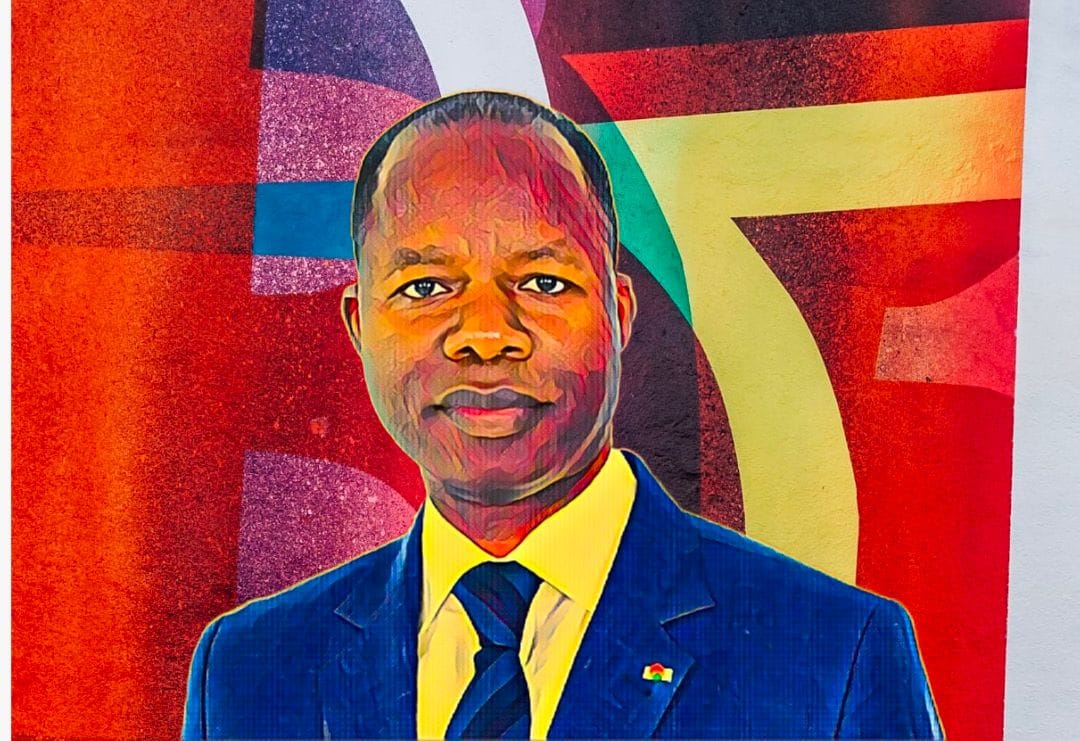Market cap of Burkinabe mogul Idrissa Nassa’s Coris Bank drops below $450 million

For the first time since September 2021, the market capitalization of Coris Bank International, a banking organization headquartered in Burkina Faso and run by prominent banking tycoon Idrissa Nassa, has dropped below $450 million, spurred by a significant decline in the value of its shares.
Coris Bank International has branches in its home country, as well as Cote d’Ivoire, Mali, Togo, Senegal, Benin, Niger, and, most recently, Guinea-Bissau.
Under Nassa’s leadership, the bank has developed into a leading force in the West African financial services sector by basing its development strategy on a distinctive industrial model customized for each of its geographic presences.
Shares in the Burkina Faso-based banking firm were trading at CFA 8,995 ($13.995) as of press time on July 29, unchanged from their starting price this morning, as investors continued to closely watch financial and economic data.
The value of Coris Bank on the BRVM Stock Exchange has decreased overall by 18.2 percent since Feb. 17 from CFA 10,995 ($17.107) per share to CFA 8,995 ($13.995) per share at the time of drafting.
Due to the recent decline, the market capitalization of the group, which accounts for the majority of his net worth, has declined by nearly $100 million in just 162 days, from CFA351.84 billion ($547.41 million) on Feb. 17 to CFA287.84 billion ($447.84 million) at the time this report was being written.
The double-digit drop in the bank’s shares coincides with a wave of stock sell-offs that recently swept major African stock exchanges and continued to affect the valuations of top-performing businesses and the net worth of ultra-wealthy people.
Despite the recent decline in its market capitalization, Coris Bank is still the fourth-most valuable firm listed on the BRVM stock exchange.
Its Togolese subsidiary, Coris Bank Togo, launched an e-money service, Coris Money, nearly three weeks ago. According to the management, the decision aligns with initiatives to increase financial inclusion in the region by utilizing mobile payment technologies.